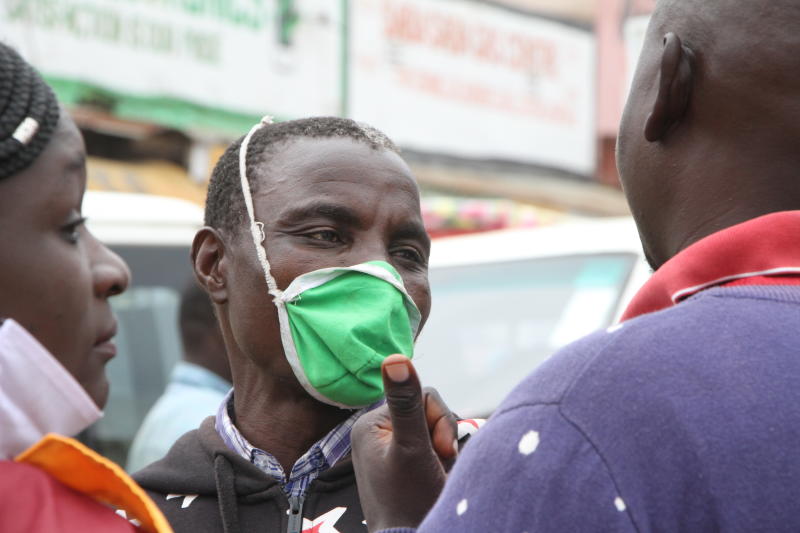×
The Standard e-Paper
Join Thousands Daily

Wanjiku, who lives in Kayole on less than Sh200 a day, is required to buy a mask at Sh100 every day.
This mask is the licence to her freedom outside her house. The government has made the mask-wearing mandatory and without it, Wanjiku should stay indoors.